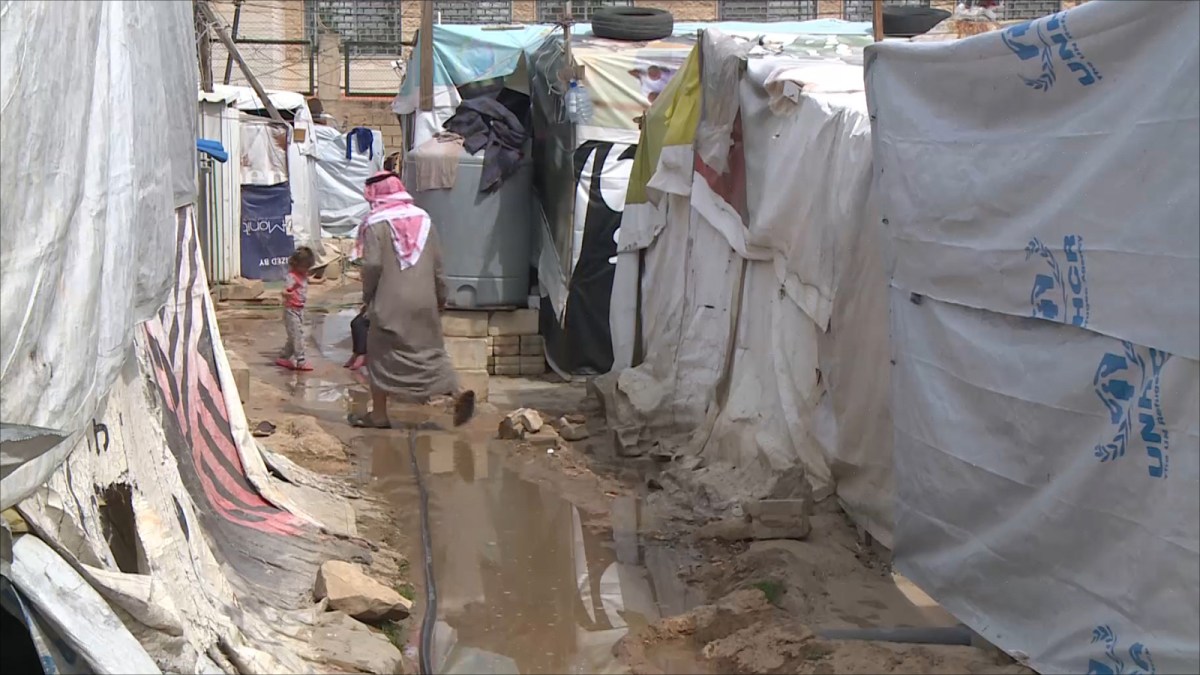Lebanese caretaker Prime Minister Najib Mikati renewed yesterday, Thursday, the international community's call for cooperation to end what he described as the Syrian refugee crisis in his country.
Mikati stressed, during his meeting with the United Nations High Commissioner for Refugees, Filippo Grandi, that the UNHCR and other relevant international organizations must coordinate with the Lebanese government through its competent agencies to solve this "dilemma."
He said that the refugee file constitutes a pressure card on Lebanon, which lacks the financial, service and political capacity to bear its repercussions, noting that "the priority at this stage is to return the displaced Syrians successively to their country after the situation in Syria stabilizes."
As for Grandi, after the meeting, he expressed his respect for Lebanon's decision to "voluntarily return refugees" to Syria, adding that they are working "from the Syrian side and with the Syrian government to remove the serious obstacles that have accumulated over the years and that prevent people from returning," he said.
He added, "We have made some progress, but there is still more work in order for people to be confident in making the decision to return," stressing that there are "many challenges in Syria," and he said, "I have always referred to the Security Council resolution that stipulated the need for early recovery in Syria, and we must Work with donors in this regard.
He announced that "hosting hundreds of thousands of Syrians and other refugees is a very stressful responsibility for the country," stressing that the Office of the High Commissioner for Human Rights is responsible for the refugees and that it continues to mobilize international resources for them and for the people who want them to return to Syria, and he said, "There are batches that returned weeks ago, We continue to support them."
Lebanon hosts the largest number of refugees per capita in the world.
The government estimates that the country's population of more than 6 million includes nearly 1.5 million refugees from neighboring Syria, far more than the approximately 839,000 registered refugees registered with the United Nations High Commissioner for Refugees as of March 31, 2022.
It is noteworthy that the Office of the United Nations High Commissioner for Refugees in Lebanon said last October that it "does not facilitate or support large-scale voluntary returns of refugees to Syria."
And the New York-based Human Rights Watch said last July that "Syria is far from providing security and safety for the returnees."
"Syrian refugees who returned between 2017 and 2021 from Lebanon and Jordan faced massive human rights violations and persecution at the hands of the Syrian government and its affiliated militias," Lama Fakih, director of the organization's Middle East department, wrote in a publication.
The organization had stated in a previous report that there is no part of Syria that is safe for refugees to return to, including Damascus or its environs, and that people who have left Syria since the beginning of the conflict are at real risk of persecution upon their return.

